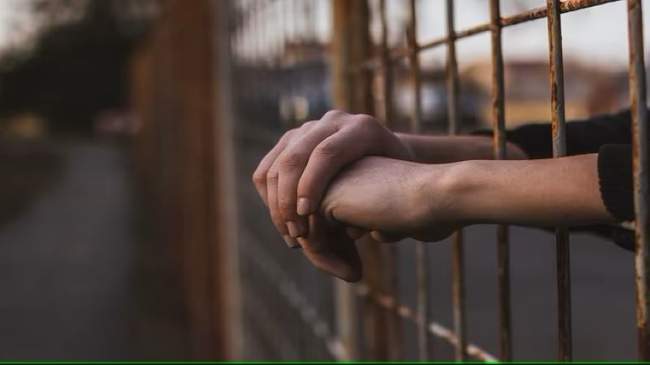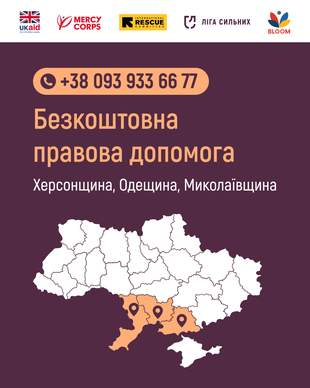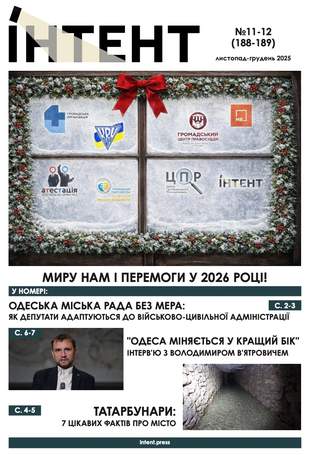Меню
Соціальні мережі
Розділи
Nov. 17, 2024, 11:17 a.m.
Crimean Tatars illegally convicted by Russia are serving their sentences 2,000 kilometers from home
This article also available in English204

Photo: UP
8 Crimean Tatar political prisoners are being held in harsh conditions in a Russian prison 2000 kilometers away from occupied Crimea. They are held in a single cell in the prison in the city of Dmitrovgrad, Ulyanovsk region.
According to the Crimean Tatar Resource Center, all the Crimean Tatars in this cell were convicted by the occupation authorities on trumped-up charges of "organizing terrorist activities" and "preparing for the violent seizure of power". None of the 8 men had any criminal record before the occupation of Crimea, all were exemplary family men and active members of their communities.
The CTRC notes that the situation in Russian prisons is becoming increasingly critical due to overcrowding. A significant part of the places are occupied by Ukrainian citizens who are massively convicted for political reasons. Before 2014, each of the 8 political prisoners had never been behind bars. Unfortunately, today they are forced to serve their sentences alongside criminal offenders in Russian prisons, far from their homes.
The CTRC calls on the international community to increase pressure on the Russian authorities to ensure humane treatment of political prisoners and return the illegally convicted to their homes.
For 10 months of this year, the occupiers have detained 28 local residents in Crimea under the articles "espionage" and "treason". Persecution under these articles intensified after the full-scale invasion. In October, women were persecuted more often. According to the CTRC lawyer Lyudmyla Korotkikh, before the full-scale invasion, there were up to 10 people prosecuted for "espionage" and "treason" during the 8 years of occupation.
"Before the full-scale invasion, in order to accuse a person of espionage or treason, they were looking for either retired Ukrainian officers on the peninsula or people who had officers or servicemen of the Armed Forces in their families. It was these people who were being "sewn" into these cases," Korotkikh noted.
And since the beginning of the full-scale invasion, she said, it is enough to accuse a person of allegedly taking a photo of equipment or allegedly sending it somewhere to fabricate a case of "espionage" or "high treason."









